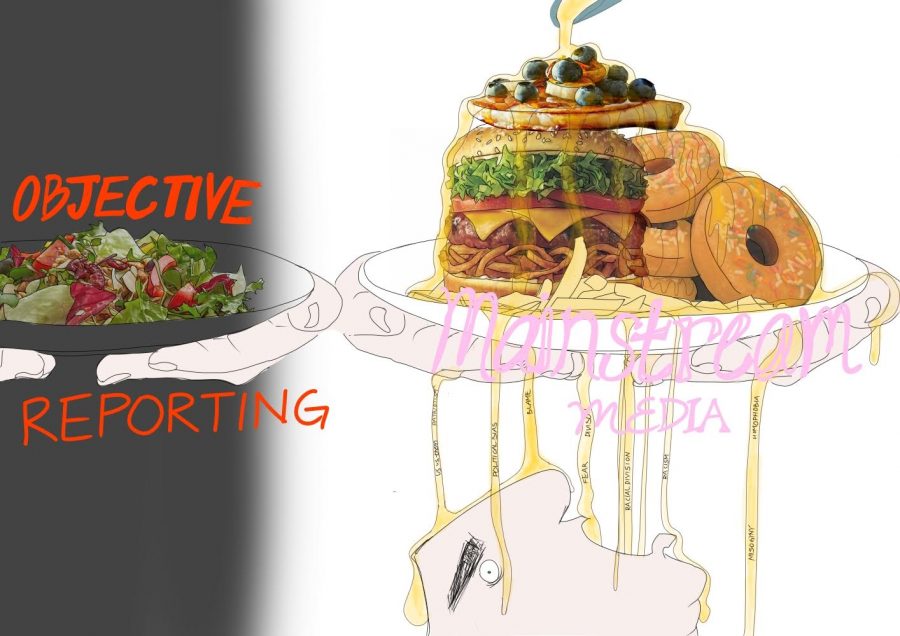In Defense of Subjectivity in Journalism
Is “Black Lives Matter” a partisan slogan? Is “a white officer shot a black man” more or less objective than political euphemisms like “an officer-involved shooting?” Journalists struggle to write about the news without taking sides. However, for far too long, journalism has failed to fulfill its duty not just to be factual, but also to advocate for the truth. It is time for us to rethink the value of objectivity in journalism.
In the 1920s, concerns about bias in journalism began circulating in the U.S. Academia called for adopting “scientific methods” and pushed journalists to present facts without the injection of political opinions. As a result, many writers and reporters now include opposing opinions to appear impartial, even if one side lacks claims based on evidence. Journalists avoid calling politicians “racist” even when they indulge in racist stereotypes and feel the need to present counter arguments lacking validity for “political” issues like climate change and BLM. However, if objectivity means an absence of any personal connection to the subjects of one’s articles and a rejection of the basic social duty to respond to injustice, we should reject it.
Another problem with objectivity is that the white, cisgender male majority often decides what is commonly considered “objective.” In many cases, so-called objectivity merely represents the acceptable opinions rooted in public norms and social consensus. The growing “fake news” narrative and the increased attention on media bias have shifted journalism’s focus from weighing facts to adhering to the presumed audience’s perception of objectivity. Fundamental human rights are facts rather than a matter of opinion. Journalists fail their duty if they do not affirm those rights in a quest to be “objective.”
In a desperate effort to maintain “objectivity,” journalists from marginalized groups are automatically rejected as biased. Black journalist Alexis Johnson was suspended from protest coverage and called “biased” after he called out the misuse of a looting image that was, in fact, not taken from the protests. A lack of minority representation among journalists often results in little coverage of minority communities, making news disproportionately catered towards a mainstream audience.
While journalists have strong incentives to appear as objective, we must acknowledge that some level of bias exists in all of us. Given the harms of the status quo, what are the potential benefits of acknowledging and embracing subjectivity?
Subjective content could encourage more interest in and engagement with news stories. Watching opinionated comedian commentators like John Oliver and Trevor Noah is more entertaining than watching a laundry-list report of events. Subjectivity leaves more room for humor, literary devices, and diverse rhetorics that make consuming news more appealing to the common audience. Increased engagement in current events keeps the public informed and engaged in politics, which is especially crucial under a democratic system.
Some in support of objectivity might question the polarizing effects of blatantly partisan media. However, when readers are actively informed that the news is biased, they are more likely to consciously challenge the information presented. Readers will have more of an incentive to browse a variety of sources for a more comprehensive perspective. Moreover, they would be more willing to engage in civil discourse.
Journalists should reconsider the standard of objectivity. Only then can they fulfill a greater social purpose as educators and advocates.






